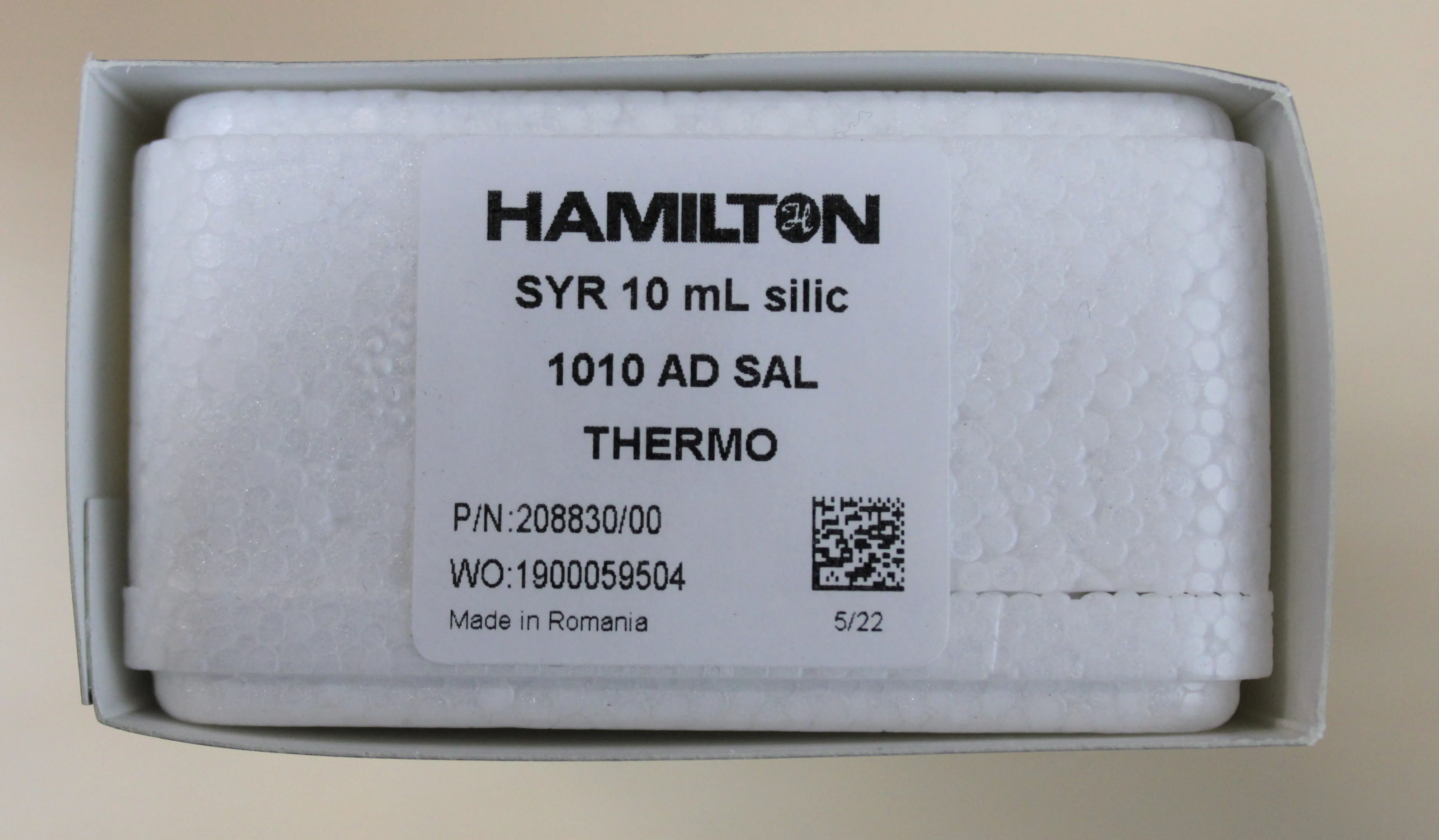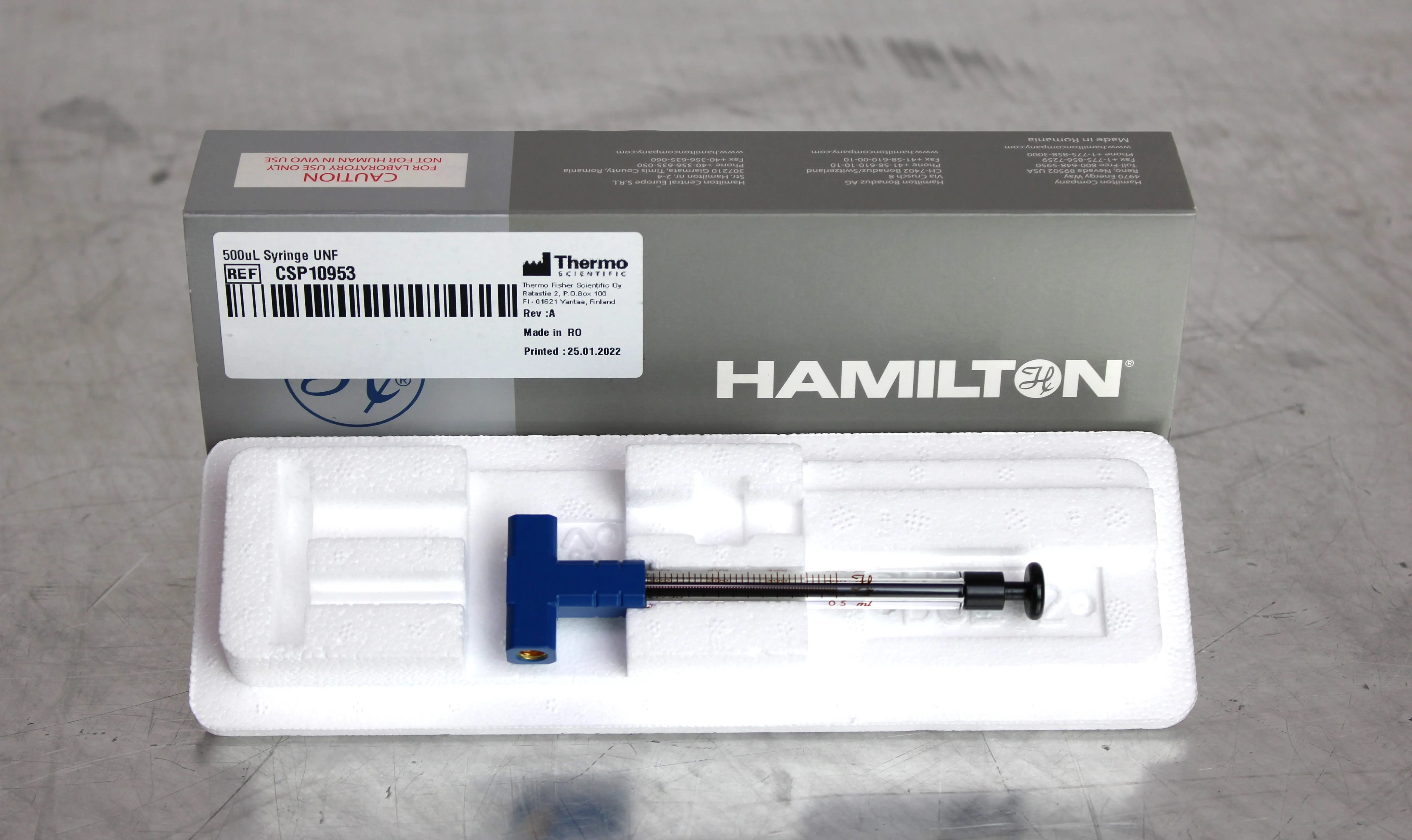Explore a wide selection of new, used, and refurbished GC Systems, ideal for precise separation and analysis of compounds. Whether for environmental testing, pharmaceuticals, forensics, or food safety, find the perfect gas chromatography systems from trusted brands like Agilent, Thermo Fisher Scientific, and Shimadzu. Submit a quote request to connect with reputable vendors offering high-quality equipment to meet your laboratory needs.
GC Systems
Price Filter
$1.00 - $45,000.00Product Region
Product Condition
Product Warranty
Browse By Category
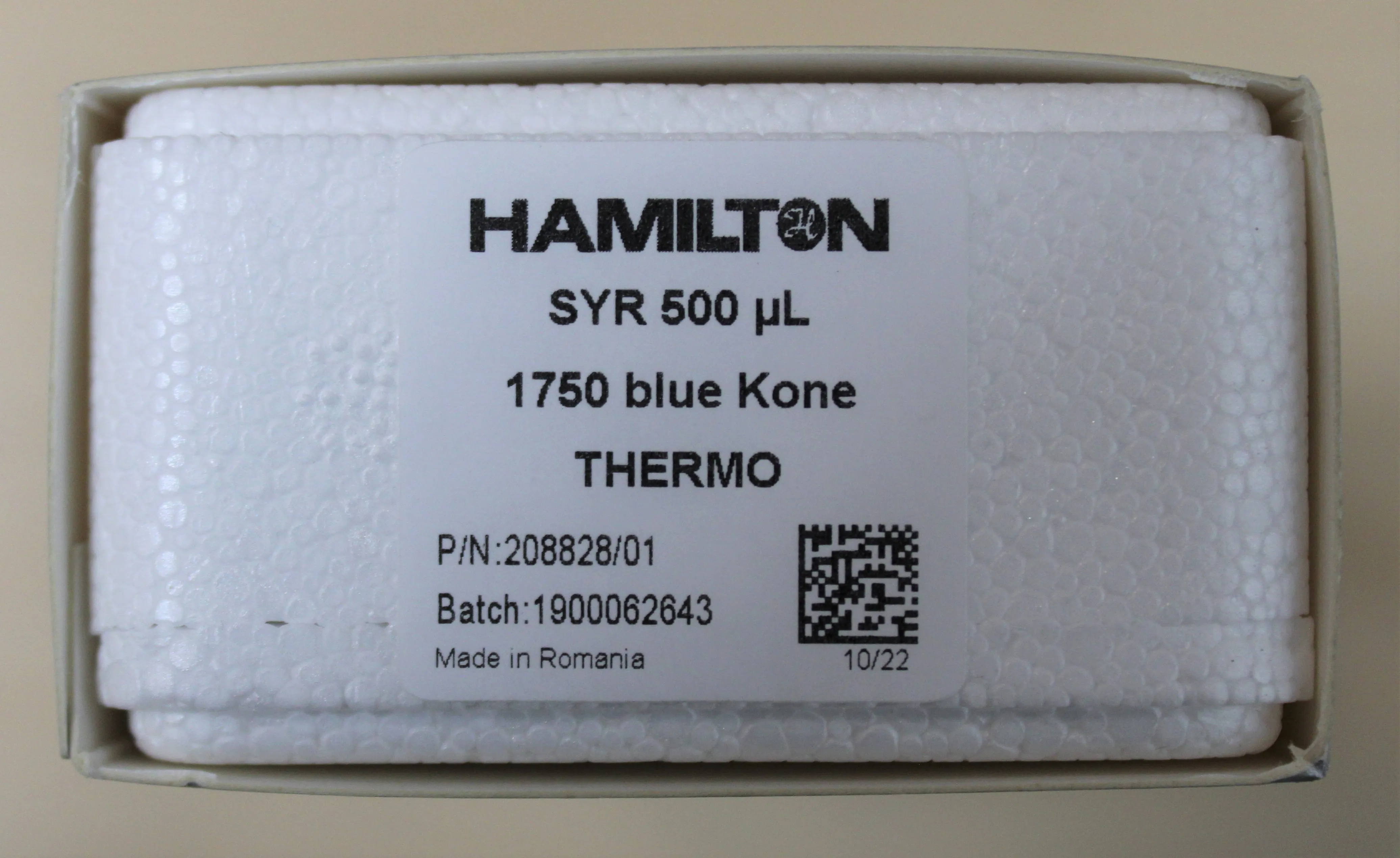
Hamilton SYR 500 uL 1750 blue Kone THEERMO P/N:208828/01
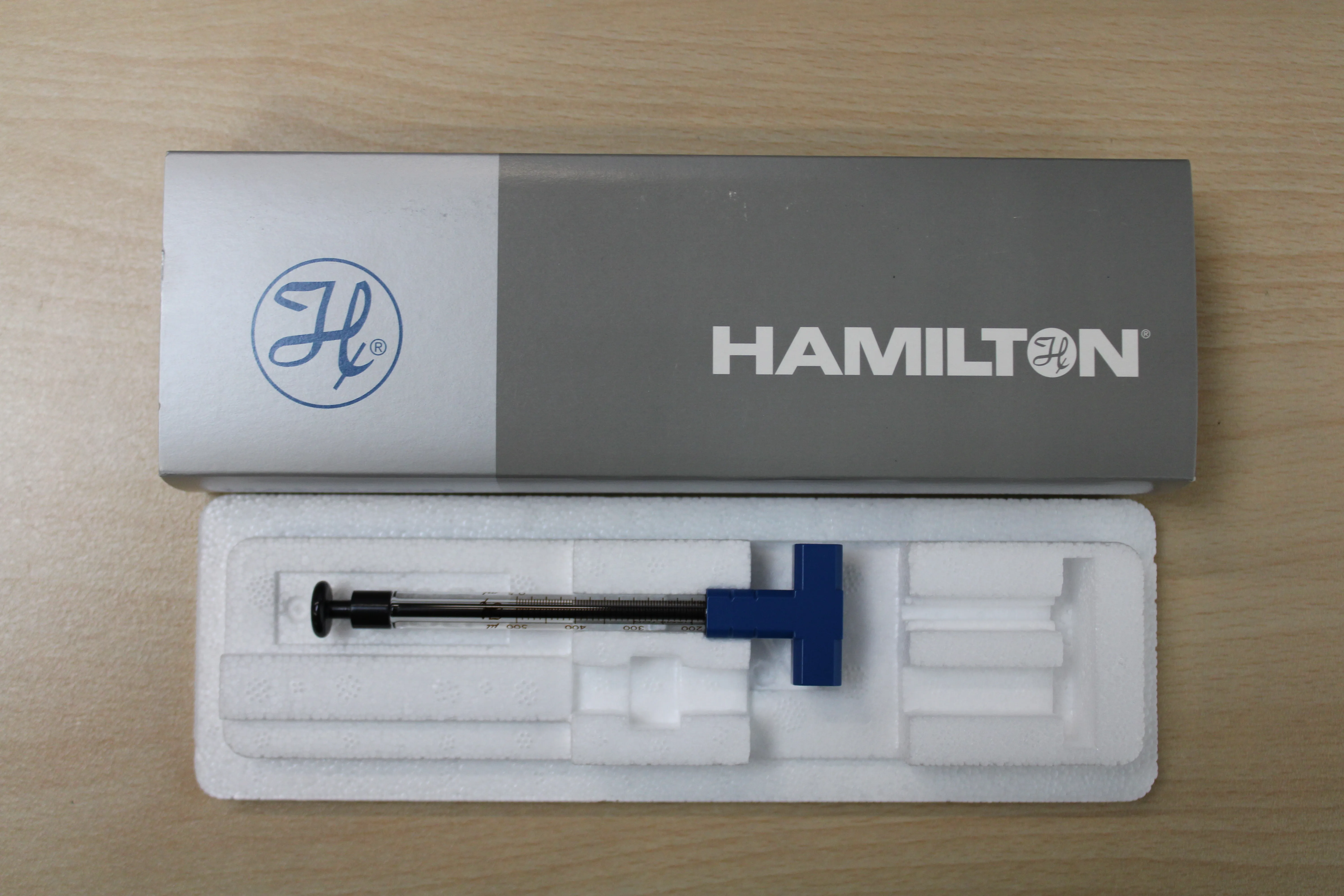
Hamilton SYR 500 uL - Accessory for HPLC / FPLC / GC / CE

Hamilton SYR 500 uL 1750 blue Kone THEERMO P/N:208828/01

Hamilton SYR 500 uL Accessory for HPLC, FPLC, GC, CE

Hamilton SYR 500 uL 1750 blue Kone THEERMO P/N:208828/01

Hamilton SYR 500 uL 1750 blue Kone THEERMO P/N:208828/01

Hamilton SYR 500 uL - HPLC / FPLC / GC / CE Accessory
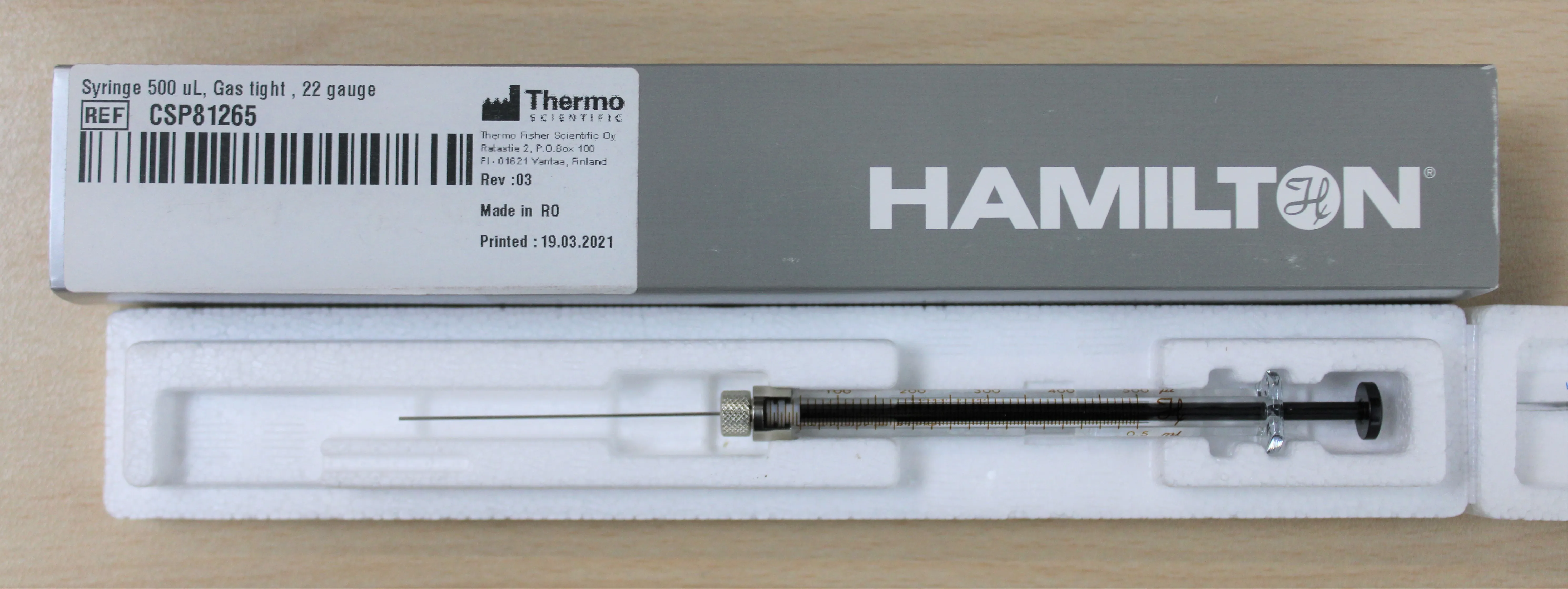
Hamilton SYR 500uL 1750 RN (ga22/51mm/pst3) P/N:81265/00

Hamilton SYR 500 uL 1750 blue Kone THEERMO P/N:208828/01
Question & Answers For:
GC Systems
Past Questions, Helpful Answers.
What is a GC System used for?
A GC System is used for separating and analyzing compounds in complex mixtures. It is commonly applied in industries like environmental testing, pharmaceuticals, forensics, and food safety.
How does a GC System work?
A GC System uses a carrier gas to transport a sample through a column, where compounds are separated based on their chemical properties. The separated compounds are detected and analyzed, often with detectors like FID or MS.
What are the main components of a GC System?
The main components include an injector, a column, a detector, and a data system for analysis. Carrier gas and temperature control are also critical for proper operation.
What should I consider when choosing a GC System?
Consider factors like the type of analysis you need, the sensitivity required, sample volume, throughput demands, and compatibility with detectors or other instruments.
What types of samples can be analyzed using a GC System?
GC Systems are suitable for analyzing volatile and semi-volatile organic compounds, including gases, liquids, and thermally stable solids.
What is the difference between GC and GC-MS?
A GC separates compounds, while a GC-MS combines gas chromatography with mass spectrometry to provide both separation and detailed molecular identification.
What are the common detectors used in GC Systems?
Common detectors include Flame Ionization Detectors (FID), Thermal Conductivity Detectors (TCD), and Mass Spectrometry (MS) detectors, each suited for specific types of analysis.
Is special training required to operate a GC System?
While basic knowledge of chromatography is helpful, manufacturers often provide training, and many systems are user-friendly with automated features.
How is maintenance performed on a GC System?
Regular maintenance includes replacing columns and seals, cleaning the injector, and calibrating the detector. Always follow the manufacturer's guidelines for optimal performance.
What carrier gases are commonly used in GC Systems?
Common carrier gases include helium, nitrogen, and hydrogen. The choice depends on the application, cost, and compatibility with the system.
